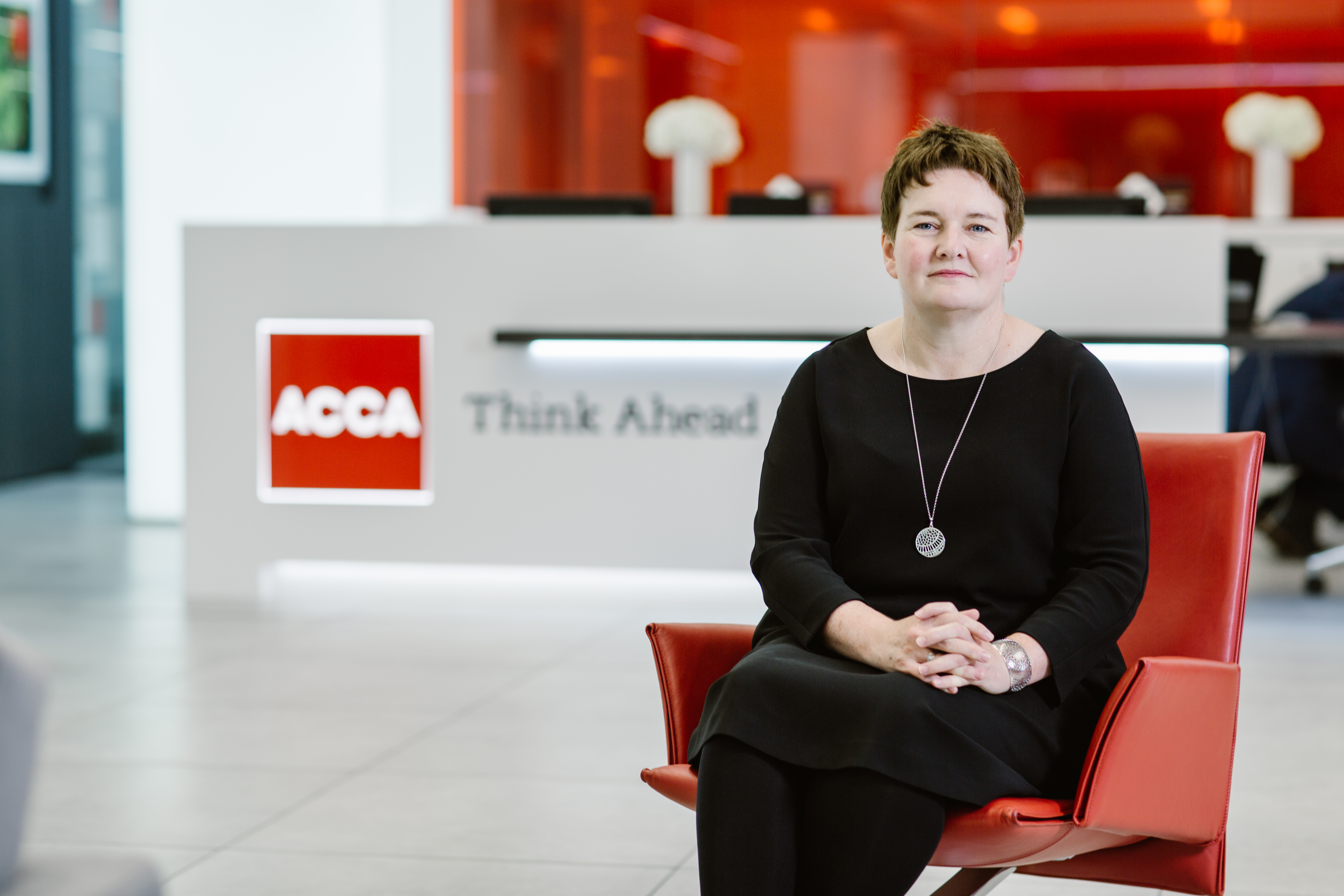Accountants are deeply concerned about social and environmental issues, according to a new global survey by the Association of Chartered Certified Accountants.
The report found 90 percent of the 829 accountants and finance professionals polled by the ACCA want organizations to increase their efforts to become more environmentally sustainable and make a more positive impact on society after the novel coronavirus pandemic.
The vast majority (95 percent) of the accountants surveyed for the report agreed that finance teams have a role to play in building a more socially inclusive and environmentally sustainable future. Three-quarters (75 percent) of the respondents admitted their own organizations need to change to better address social inequalities, while 85 percent felt the organizations would do less damage to the environment by adapting.
Over half the respondents (54 percent) believe they have the skills and training to address social and environmental impact management in their organization. But many respondents see various barriers preventing them from addressing such concerns, including potential costs, lack of senior management buy-in, and too narrow a focus on financial returns. The ACCA surveyed accountants worldwide amid an environment of record-breaking temperatures, devastating fires and flooding in some regions, and the COVID-19 pandemic.
“Speaking to a panel of 37 accountancy experts across the United States, the findings reveal 71 percent want to see their organization change so that it does less damage to the environment,” said ACCA USA head Warner Johnston in a statement Tuesday. “Sixty-five percent see the role of the accountant as being one to support the work of others to build a more socially inclusive and environmentally sustainable future for their organization. It is also good to see respondents looking ahead at their own skills and knowledge, with many expressing an interest in developing further skills to tackle these issues.”
Nearly half the respondents (49 percent) indicated they are looking to develop knowledge in social impact measurement, and 65 percent are interested in sustainability data analytics.
“Guided by the United Nations’ Sustainable Development Goals, which can act as a common language roadmap to follow out of the current crisis, businesses of all sizes can use this moment to step forward and commit to making an intentional, positive impact on society and the environment through their activities,” ACCA chief executive Helen Brand wrote in the introduction to the report. “And for professional accountants, they can make these commitments a reality. They have a huge role here, because it’s through professional education that accountants can support an equitable transition to a net-zero carbon world. We’re committed to ensuring that sustainability and green finance is an integral part of our world-class qualification and members’ continuing professional development, supporting our members with a range of new online learning offerings on these important areas.”
The accountants surveyed believe they should be more involved in accounting for social and environmental impacts and dependencies, giving more priority to social issues and sustainability data analytics, according to the report.
“Now is the time to mainstream social and environmental impact management, so that our economies and societies become more resilient to future shocks and can embed health, equity, community and sustainability into business models,” said ACCA head of sustainability Jimmy Greer in a statement. “Professional accountants and finance teams are central actors, with the skills, knowledge and ambition to do more.”